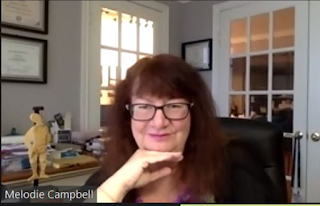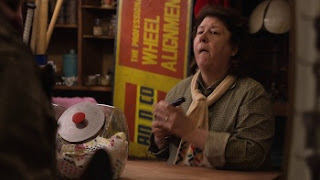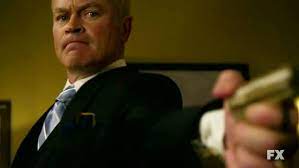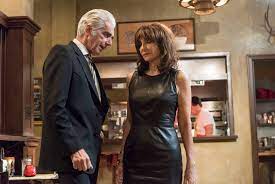The other day I had a well-dressed, impeccably kempt older man approach me while I was getting gas at a local service station. He asked me in broken English laced with a lot of Italian, for help getting his rental car back to Portland. I offered to pay for some gas, but he told me his minivan didn't need gas. He needed money.
I rarely carry cash and this time was no exception. Plus, the kiosk attendant at this particular station was not set up to give customers cash. On top of this, I was on my way to work, and didn't have time to get to a cash machine. I apologized and told him I couldn't help him.
While I filled up I watched him approach a number of other people at the other pumps, and have more success. I felt relieved and wished him well.
The above got me thinking about the limits and limitations of human empathy on my drive in to work, and several times since.
So of course I turned this into a thought exercise on the impact of empathy (or lack thereof) on writing fiction.
Jane Austen once famously said, “I intend to write a protagonist that no one will like. But I shall like her.” Austen was, of course, talking about the titular protagonist of her novel, Emma. And even though Emma Woodhouse frequently comes across as self-satisfied, wrong-headed, and hard-to-like, She never comes across as undeserving of the reader’s empathy. Also, Austen clearly felt empathy for this, one of her more famous creations.
This is interesting to me, because the difference between affection and empathy with regard to literary characters is so often papered over by writers, either in a hurry, or blessed with onlya marginal amount of insight and skill.
Of course, affection and empathy are not the same thing. One requires an emotional reaction in favor of the character whereas the other requires only the acknowledgment of the basic humanity of the character, and thus that character’s being deserving of empathy.
And not just “deserving.” Empathy is not a luxury in writing good fiction. It is a necessity. And while it’s truly needed for one’s protagonists, and any supporting characters more complex than the stock background characters who wander in and out of so many stories with only one thing to do, one sentence to deliver, etc., in service of the story’s plot, it is all the more important that the writer have it and employ it when writing the antagonist of the piece.
Because one truism of writing is that the best villains are the fully drawn ones. And a character drawn without empathy on the part of the writer is doomed to be a caricature, a cartoon.
This is in large part because non-cartoony characters tend not to think of themselves as the “bad guy.” In their narrative, they are the hero, not the ostensible protagonist.
Well-drawn villains possess their own desires, goals and resources, same as the best protagonists. The difference between the character and the cartoon is the difference between Heathcliff the complex, Byronic antihero of Emily Brontë’s Wuthering Heights and Heathcliff the orange cat from the classic comic strip.
Mustache twirling is best left to the Dick Dastardlys of the literary world. For me, give me characters whose motives and desires I can understand and respect, even if I don’t share them.
That’s what empathy on the part of the author can give the reader. And what a gift it is.
See you in two weeks!
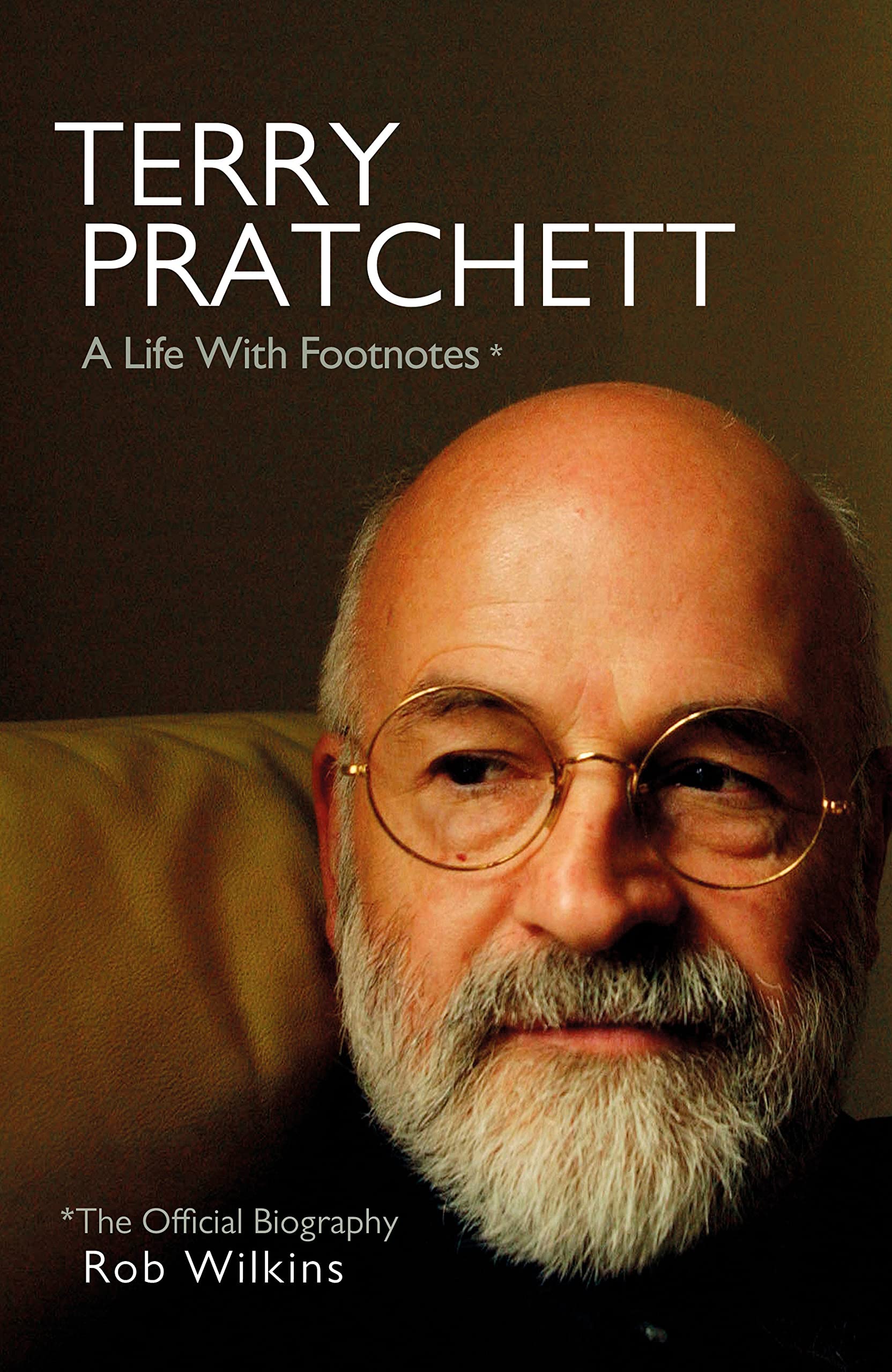

%20websize.jpg)

.png)



